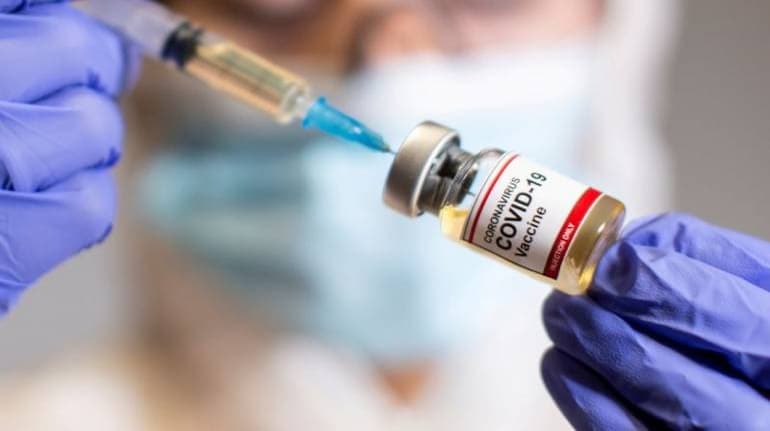
Serum Institute of India will price the Oxford-AstraZeneca COVID-19 at around Rs 500-600 hundred per dose for private players, CEO Adar Poonawalla said, adding that the shots would be priced at a maximum of Rs 1,000 for two necessary doses for the public.
Speaking at the Hindustan Times Leadership Summit (HTLS) 2020, Poonawalla said that the government would be getting the COVID-19 vaccine at a far cheaper price.
" Centre may get the Covishield for probably around $3-4 because they'll be buying very huge volumes of hundreds of millions of doses. So they'll get the access to the price which is similar to what COVAX has got, which is $3 and the general public probably have to pay around Rs 500-600," he said.
Track this LIVE blog for all the latest updates on coronavirus vaccine
The CEO of Pune-based vaccine maker said that every Indian will get vaccinated by 2024. "It will probably take two or three years for every Indian to get inoculated, not just because of the supply constraints but because you need the budget, the vaccine, logistics, infrastructure and then, people should be willing to take the vaccine. It will be 2024 for everybody, if willing to take a two-dose vaccine, to be vaccinated," Poonawalla said.
He also said that the SII will apply for an emergency authorisation in India as soon as the UK authorities and the European Medicines Evaluation Agency (EMEA) approve it for emergency use there.
"However, the vaccine will be for a limited use for frontline workers, healthcare workers and elderly people," he added.
He also said the SII plans to make about 10 crore doses per month from February and 30-40 crore doses of the Oxford vaccine will be available by the first quarter of 2021.
COVID-19 vaccine should be available for public by April 2021: Serum Institute CEO Adar Poonawalla
SII has already manufactured 40 million doses of the vaccine, under the at-risk manufacturing and stockpiling licence from Drugs Controller General of India. Covishield has been developed at the SII Pune laboratory with a master seed from Oxford University/AstraZeneca.
Meanwhile, in the findings published in The Lancet on November 19, the University of Oxford has said that its COVID-19 vaccine candidate, has shown to produced strong immune responses in adults aged 56-69 and those over 70 years of age.
Click here for Moneycontrol's full coverage of COVID-19 outbreak
Discover the latest Business News, Sensex, and Nifty updates. Obtain Personal Finance insights, tax queries, and expert opinions on Moneycontrol or download the Moneycontrol App to stay updated!
Find the best of Al News in one place, specially curated for you every weekend.
Stay on top of the latest tech trends and biggest startup news.